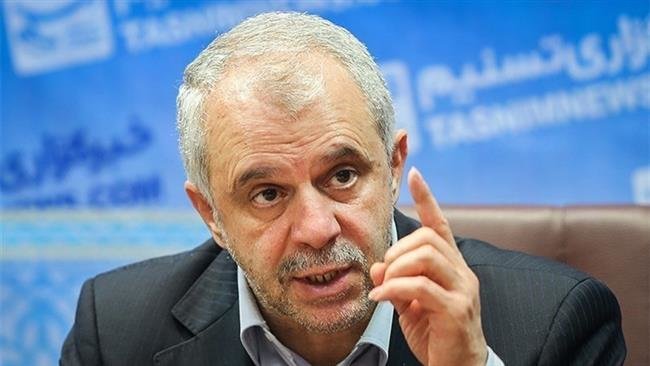Saudis set strict conditions for Iran only: Hajj official

TEHRAN – Tehran has categorically rejected claims by the Saudis that the draft contract for Hajj pilgrimage that they had proposed to the Iranian side was the same as Riyadh had offered to other Islamic countries, saying nothing could be further from the truth.
Some Saudi ambassadors to Islamic countries had claimed the content of the Hajj document Iranian and Saudis negotiators were trying to work out was the same, preemptively seeking to put the ball in Iran’s court for the cancellation of this year’s Hajj ritual for Iranians.
Tension between Tehran and Riyadh has been escalating since 464 Iranians lost their lives in a stampede in the area of Mina in September 2015 during the last Hajj.
Following the incident Tehran has been seeking assurances from Saudi Arabia to show strong commitment to safety of Iranian pilgrims.
Earlier in May, a six-member Iranian delegation departed Tehran for Saudi Arabia for a new round of talks on performing the annual Hajj. However, after several rounds of negotiations to hash out discrepancies over the issue, Hajj and Pilgrimage Organization of Iran announced on May 29 that it won’t dispatch pilgrims this year to Mecca because of inconsistency at decision-making level by Saudis.
“We studied meticulously texts of memorandums of understanding Saudis had finalized with other countries, and none of restrictions considered for Iranian pilgrims had been included in the manuscripts,” Saeed Ohadi, head of the Hajj and Pilgrimage Organization of Iran, said in an interview with Tasnim on Sunday.
Prior to the remarks, Ohadi had threatened to publish the Hajj contract, which could come as a blow to Saudis’ international face.
Previously, Iranian officials had called the limitations “contrary to the dignity of Iranians”.
This is while Ministry of Hajj and Umrah of Saudi Arabia announced that the Iranian delegation had refused to sign an agreement regarding the planned arrangements for this year’s pilgrimage season.
The Saudis had demanded that all Iranian pilgrims must not carry the Koran and prayer pamphlets with themselves, Ohadi revealed.
“The differential memorandum of understanding that they (Saudis) emphasized that we should sign included items such as a ban on flying Iran’s flag, carrying the Koran and prayer books, as well as consular services.”
The row over hajj has been indirectly affected by differences between Iran and Saudi Arabia over other issues, most notably the conflicts in Syria and Yemen.
While Saudi Arabia and certain Arab states have launched attacks on Yemen and been backing the militant groups in Syria to overthrow the government of President Bashar al-Assad, Iran has strongly criticized the Saudi-led attack on Yemen and been supporting the Syrian government nonstop.
“The MOU had been drafted under the direct influence of the interior and foreign ministries of Saudi Arabia,” Ohadi noted, blaming Saudis for sabotaging this year’s Hajj for Iranians for political reasons.
The prospect of an immediate solution seems distant as Tehran has announced it will file a case against Riyadh over the death of hundreds of Iranian pilgrims in the Mina stampede.
As recently as June 9, Iran’s Justice Minister Mostafa Pourmohammadi said Tehran is intent on filing a lawsuit at international courts against Saudi Arabia, citing complaints from the families of victims of the Mina tragedy.
AK/PA
